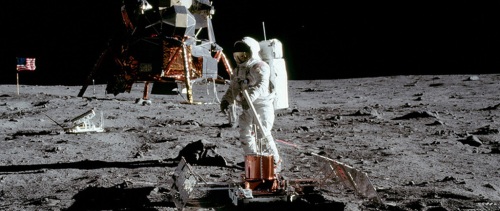I think I found the perfect vacation place for all managers, geeks, and internet addicts. It’s called Mauritius. Mauritius is a tiny little island off the coast of Madagascar, which is itself just off the coast of Southern Africa. 1.2 million people and “almost 11 times the size of Washington, DC” according to the CIA World Factbook – lovely comparison. Anyways. Why is it the perfect spot for managers, geeks, and internet addicts? Because in 2005, it became the “Cyper Island“, or the first country worldwide to have complete nationwide broadband wireless access, on the beach and everywhere. Isn’t that awesome?!
I found out about this little paradise in the India Ocean when I interviewed a Mauritian student in London for my dissertation on online content sharing. She proudly reported that since the broadband was installed on the island, internet use has really taken off. Her mom is crazy about it. So this might not only help the managers, geeks, and internet addicts from abroad, but also the local population and their businesses. Isn’t that awesome?!
Under the sea
Indeed, according to some more recent report by the BBC, Mauritius is well equipped in terms of technology. It had the first 3G network in Africa, “making possible services like streaming mobile TV and remote video camera surveillance” (is the latter a big thing in Mauritius?). Now they are even upgrading to HSDPA (like really fast stuff).
There’s a bit of a problem though with having high-speed wireless technology on an island somewhere off the coast of some other island off some other coast. You somehow need to get the signal onto the island in the first place. Allegedly, the fiber optic cable linking Mauritius with the rest of the world has delivered only slow speeds so far, seriously inhibiting the potential of Mauritian connectivity.
Apparently, according to this account, there’s also a problem with the subscription fee, which has continuously increased. Mauritius Telecom/Orange holds a monopoly as an Internet Service Provider on the island.
What to do with it?
Obviously, managers, geeks, and internet addicts wouldn’t have any trouble putting their island internet connection to good use. And those 1.2 million already living on Mauritius? Unlike the parents of the student I interviewed, not all of them quite know how to use a computer yet. Should managers, geeks and internet addicts pay for their holidays by teaching some courses on online literacy (I would love that, actually)?
The government had a better idea. They sent out “cyber caravans” – buses converted into mobile internet cafes – to teach everyone from housewives to agricultural laborers about the use of computers and the internet. I am not sure how successful they were but it’s definitely something worth following up on. I have also heard of similar initiatives in India… anyone got some information on that?
So yes, given the prospect of sitting on the beach with my laptop, well connected to some 3G network, sipping on some cocktail… who wants to go?






